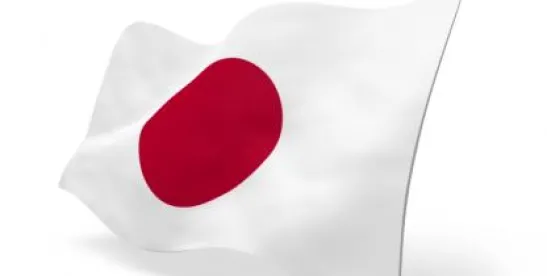Is Africa becoming a strategic priority for Japan?
The Sixth Tokyo International Conference on African Development (TICAD VI), held in Nairobi, Kenya on August 27 and 28, suggests that Japan is looking at Africa differently than in the past. For one, the five previous TICADs have been held in Japan; this is the first to be convened on the continent. Moreover, in January 2014, Japanese Prime Minister Shinzo Abe visited Ethiopia, Mozambique, and Côte d’Ivoire in a trip that was largely designed to increase Japan’s visibility in Africa.
According to various reports, Mr. Abe sees Africa as a source of minerals and energy as well as a market for Japanese manufactured goods. Japan is also conscious that it is playing catch-up to its rival China on the continent. Indeed, China’s trade with Africa is worth $220 billion, which is about ten times larger than Japan’s volume of trade. In fact, China accounts for 14 percent of Africa’s exports, whereas Japan accounts for only 1 percent.
Against this backdrop, Japan increased its commitment during TICAD VI to $30 billion in investments within the next two years, including $10 billion in infrastructure projects, part of which will be implemented through the African Development Bank. Nearly 70 agreements were signed and 75 Japanese business leaders accompanied Mr. Abe to the conference in Nairobi. According to Prime Minister Abe, the goal of TICAD VI was to boost trade and aid to Africa.
In many respects, Japan’s relationship with Africa, stretching back to the first TICAD in 1993, has been predicated on development assistance. In fact, Japan is the fifth largest donor to Africa after the U.S., France, the UK and Germany.
Since becoming prime minister, Shinzo Abe has tried to involve Japan’s private sector more actively in Africa, an effort that has been sustained through TICAD VI. Among the companies that signed agreements in Nairobi were Mitsubishi Hitachi Systems LTD, a global leader in thermal power and environmental technologies, IHI Corporation, a comprehensive engineering company, and the LIXIL Group, which is involved in the housing and building industry.
Nippon Signal Company, which focuses on railway signaling and traffic signaling systems, also initialed an MOU, as did JFE Engineering Corporation, which is involved in energy, environment, urban infrastructure and industrial machinery. A Japan-Kenya Investment Agreement, which addresses issues such as national treatment, most-favored-nation treatment and procedures for dispute settlements, was also signed and Abe committed to begin consultations on an investment agreement with Côte d’Ivoire.
Japan is also investing in capacity development. Under the “Abe Initiative,” the number of future executives from Africa who have studied in Japan will soon reach a thousand. The prime minister pledged to expand this program to worksite leaders, including foremen and plant managers.
While aid programs remain an important part of Japan’s engagement, Prime Minister Abe characterized Africa as a “quality” continent, and one that is “resilient” and “stable,” in an effort to shine a more positive light on the continent to encourage Japanese investors. He sought to position TICAD VI as a follow-on to the Sustainable Development Goals that were agreed on last year at the United Nations, the COP 21 climate conference held in Paris, and the G7 Summit that Japan hosted in May. The Japanese prime minister also committed to working to ensure that an African nation has a permanent seat on the UN Security Council by 2023, “at the very latest.”
TICAD VI appears to have introduced a new energy in Japan’s engagement in Africa. How Prime Minister Abe and Japanese companies sustain this engagement will be followed closely by a range of stakeholders in Africa and elsewhere.




 />i
/>i

